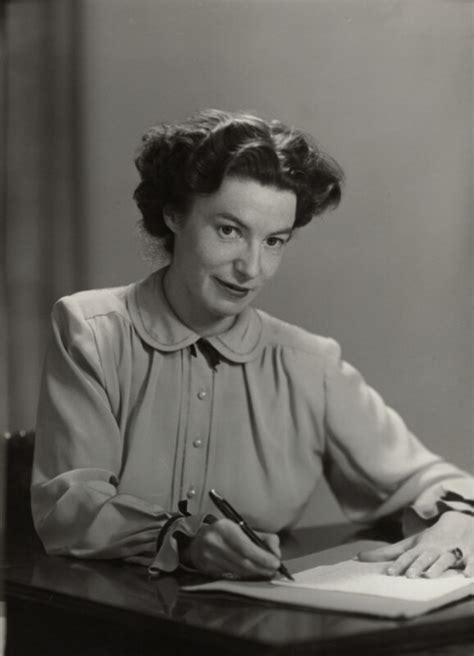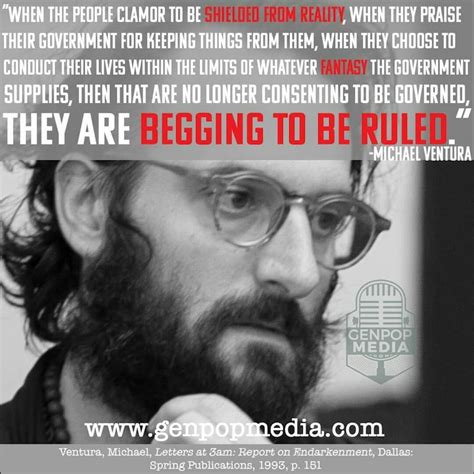A Quote by Maya Angelou
You can practice any virtue erratically, but nothing consistently without courage.
Related Quotes
I am convinced that courage is the most important of all the virtues. Because without courage, you cannot practice any other virtue consistently. You can be kind for a while; you can be generous for a while; you can be just for a while, or merciful for a while, even loving for a while. But it is only with courage that you can be persistently and insistently kind and generous and fair.
I can see in the acorn the oak tree. I see the growth, the rebuilding, the restoring. I see that is the American psyche. There is so much we can draw understanding from. One of the lessons is the development of courage. Because without courage, you can't practice any of the other virtues consistently.
Without courage, you cannot practice any other virtue. You have to have courage - courage of different kinds: first, intellectual courage, to sort out different values and make up your mind about which is the one which is right for you to follow. You have to have moral courage to stick up to that - no matter what comes in your way, no matter what the obstacle and the opposition is.
Sorrow and happiness are the heresies of virtue; joy and anger lead astray from TAO; love and hate cause loss of virtue. The heart unconscious of sorrow and happiness - that is perfect virtue. One, without change - that is perfect repose. Without any obstruction - that is the perfection of the unconditioned. Holding no relations with the external world, - that is perfection of the negative state. Without blemish of any kind, - that is the perfection of purity.
Courage can't make you an artist, but without that courage, you won't remain one for long. First is the courage to be alone in the room where you create, and the courage to face that indefinitely, with no one to say if you are any good or not. Then, there is the courage to follow your work wherever it's going to take you. And the courage to fight for your work.
lf the attribute of popular government in peace is virtue, the attribute of popular government in revolution is at one and the same time virtue and terror, virtue without which terror is fatal, terror without which virtue is impotent. The terror is nothing but justice, prompt, severe, inflexible; it is thus an emanation of virtue.






























